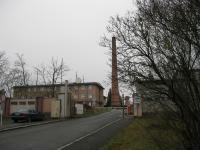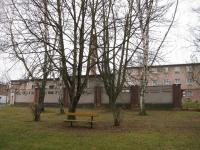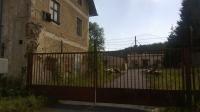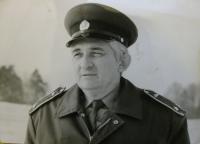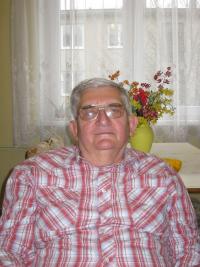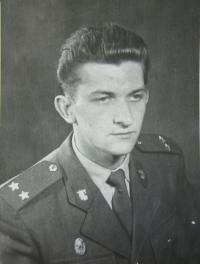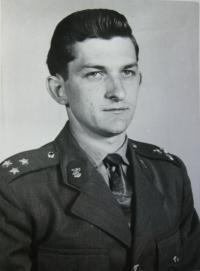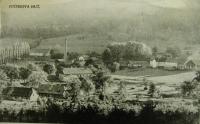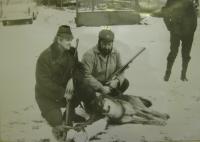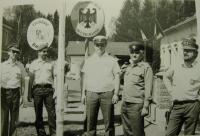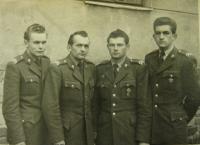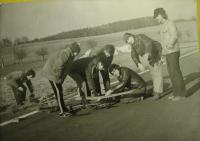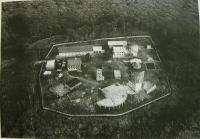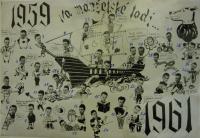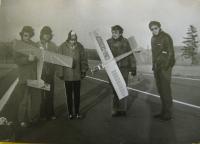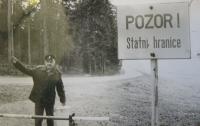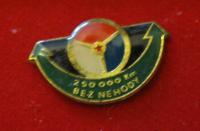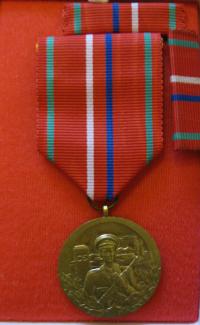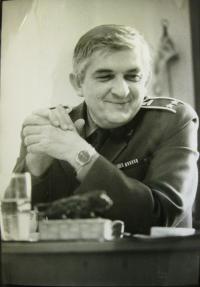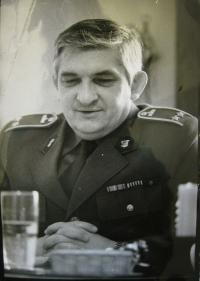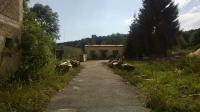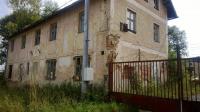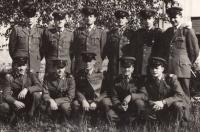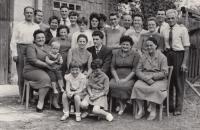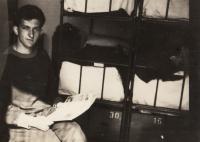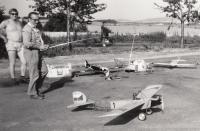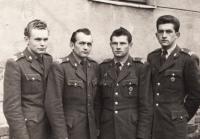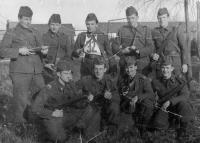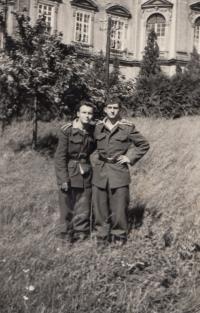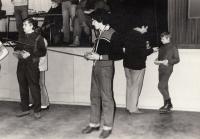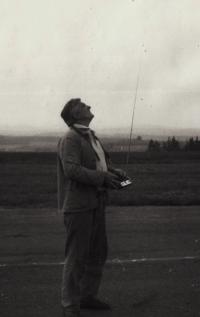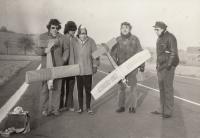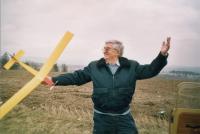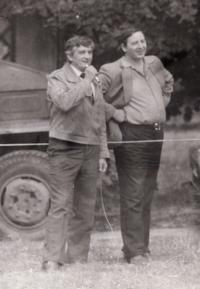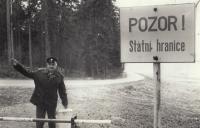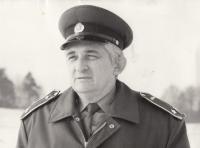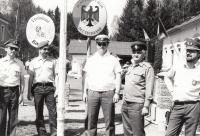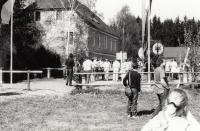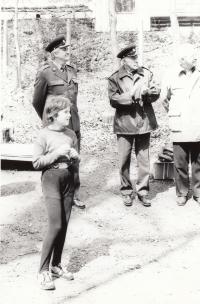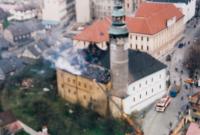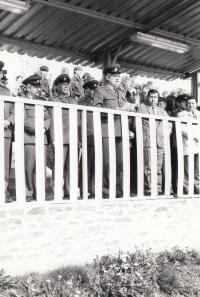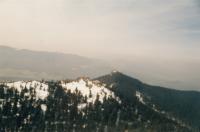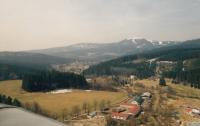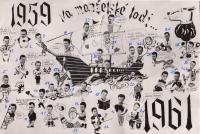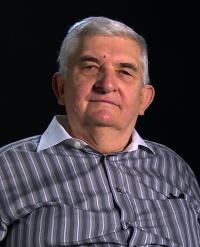Guarding the homeland

Download image
Dalibor Plšek was born on 4 October 1939 in Zlín. After completing primary school he learnt to be an oil and gas probe driller in Hodonín. He worked there until 1958, when he began compulsory military service. He was allocated to a Border Guard brigade in Sušice. He underwent military training in Nýrsko. After serving six months with a BG company in Svárožná near Železná Ruda, he started attending an NCO school in Lipová near Šluknov. In the years 1960 to 1961 he continued his studies at the Military School of the Border and Home Guard in Bruntál. On 1 July 1961 he became a professional officer with the rank of lieutenant, and he was allocated to the 9th Brigade of the Border Guard in Domažlice. His first task was to train the brigades dog handlers in Hostouň. In 1961 to 1962 he served as the deputy commander for political matters with the 15th Border Company Lesní Louka. When it was dissolved in 1962, he transferred to the 12th Company Bystřice, where he remained until 1964. His next stop was Maxov Company, where he served intermittently until 1971. In the years 1965 to 1967 health problems barred him from serving directly on the borders, and so he was stationed as a supply officer with the brigade in Domažlice. His critical views of the Warsaw Pact armies’ invasion into Czechoslovakia in 1968 led to his expulsion from the Communist Party during the subsequent screenings, and in October 1973 he was released from the Border Guard. He was relegated to the reserves at the rank of captain. He then worked as a driver at the national enterprise Zelenina Plzeň (greengrocery), and from 1980 as a safety clerk at the District Institution for National Health in Domažlice. He was active in the association of military and technical enthusiasts, Svazarm, where he trained new recruits. In 1990 he returned to the Border Guard (which was transformed into the Border Defence Section), he was promoted to the rank of major, and then lieutenant colonel. He was stationed at the headquarters in Domažlice as a deputy for social and personnel matters and press officer. When the Border Guard was dissolved in 1992, he transferred to the Foreign Police. He retired eight years later. His greatest hobby is gamekeeping, he is the chairman of the Gamekeeper’s Association of Kozinův Újezd.
